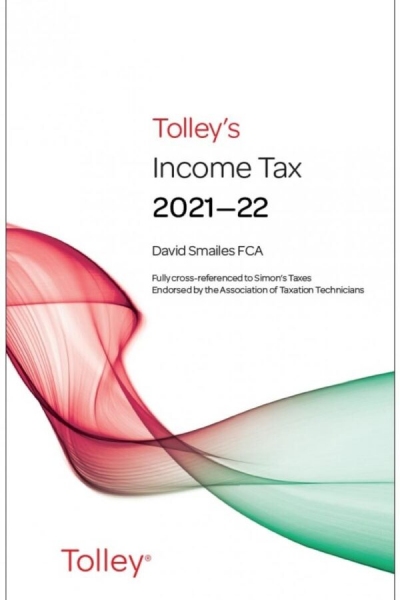Description
Book Description
The Routledge Handbook of Taxation and Philanthropy ventures into a territory that is still widely unexplored. It contains 30 academic contributions that aim to provide a better understanding of whether, why, and how philanthropic initiatives, understood as voluntary contributions for the common good, can and should be fostered by states through tax incentives. The topic has been addressed from a multidisciplinary and multicultural perspective – covering neuroeconomics, sociology, political science, psychology, affective sciences, philosophy, behavioral economy, and law – because of its global and multifaceted nature. It also contains the OECD report on Taxation and Philanthropy released in November 2020, which was prepared in this context as a result of a collaboration with the Geneva Centre for Philanthropy of the University of Geneva.
The book is divided into four sections, exploring, respectively, the justification of tax incentives for philanthropy, theoretical and empirical insights about taxes, efficiency and donor behavior in that context, and tax incentives for cross-border philanthropy and for hybrid entities and social entrepreneurship. It is believed that this volume will be a landmark yet only the beginning of a journey in which a lot remains to be studied, learned, and said.
Table of Contents
Introduction
PART I. Justification of tax incentives for philanthropy 1. The Proper Relationship of Private Philanthropy and the Liberal Democratic State: The Inquiry and the Inquirers as the Answer 2. Why fiscally encourage philanthropy? Analysing discourses and issues of political actors who legislate on philanthropy in Switzerland 3. Institutional Short-Circuits: When Should Philanthropy be Incentivised? 4. The Gifting Puzzle 5. Philanthropy, Class, and Tax in France 6. Charitable ends (perhaps) by political means: what are governments regulating? 7. Is it really a Charity? Membership-based entities as charities: the Australian experience 8. The Donor Control/ Public Benefit Balance Underlying Philanthropic Tax Concessions
PART II. Taxes, efficiency and donor behavior: theoretical and empirical insights 9. Economics of philanthropic tax incentives 10. The Design of Tax Incentives for Giving 11. Treasury efficiency of the Canadian tax regime for private foundations and their founders 12. Tax-price Elasticity of Charitable Donations – Evidence from the German Taxpayer Panel 13. Analysing the Role of Tax Incentives for Donations to Non-Profit Organisations in India 14. Tax Incentives for Charitable Giving: Evidence from the Swiss Canton of Geneva 15. Who gives and who gets? Tax policy and the long-run distribution of philanthropy in the US 16. Aligning tax incentives with motivations for philanthropy: Insights from psychology and neuroscience 17. Philanthropy as a self-taxation mechanism with happy outcomes: Crafting a new public discourse 18. Inter-charity competition and efficiency – considerations beyond fundraising and tax incentives for giving 19. How can we improve tax incentives for charitable giving? Lessons from field experiments in fundraising 20. Behavioural philanthropy: Harnessing behavioural sciences to design more effective tax incentives for philanthropy
PART III. Tax incentives for cross-border philanthropy 21. Double taxation conventions as potential tools to promote cross-border philanthropic payments 22. Solutions to cross-border charitable giving in practice: the perspective of arts organizations 23. Cross-Border Philanthropy: A U.S. Perspective 24. Removing Tax Barriers to Cross-border Philanthropy: Lessons from Australia
PART IV. Tax incentives for hybrid entities and social entrepreneurship 25. Tax reactions on entrepreneurial philanthropy: the case of the Netherlands 26. Culture Change is Hard: Evidence from A Tax Reform in the Netherlands 27. Trust and For-Profit Philanthropy: from Surrey’s Private Foundation to Zuckerberg’s Limited Liability Company 28. The growing concept of social enterprise in Australia: Can a social enterprise take advantage of tax concessions by operating through a charity? 29. Social entrepreneurship: is it social or entrepreneurship? Tax treatment of social entrepreneurship in Switzerland 30. Impact of the overlap of public and private initiatives on the philanthropy tax regime in France APPENDIX OECD Report on Taxation and Philanthropy in Member States and Selected Participating Countries






